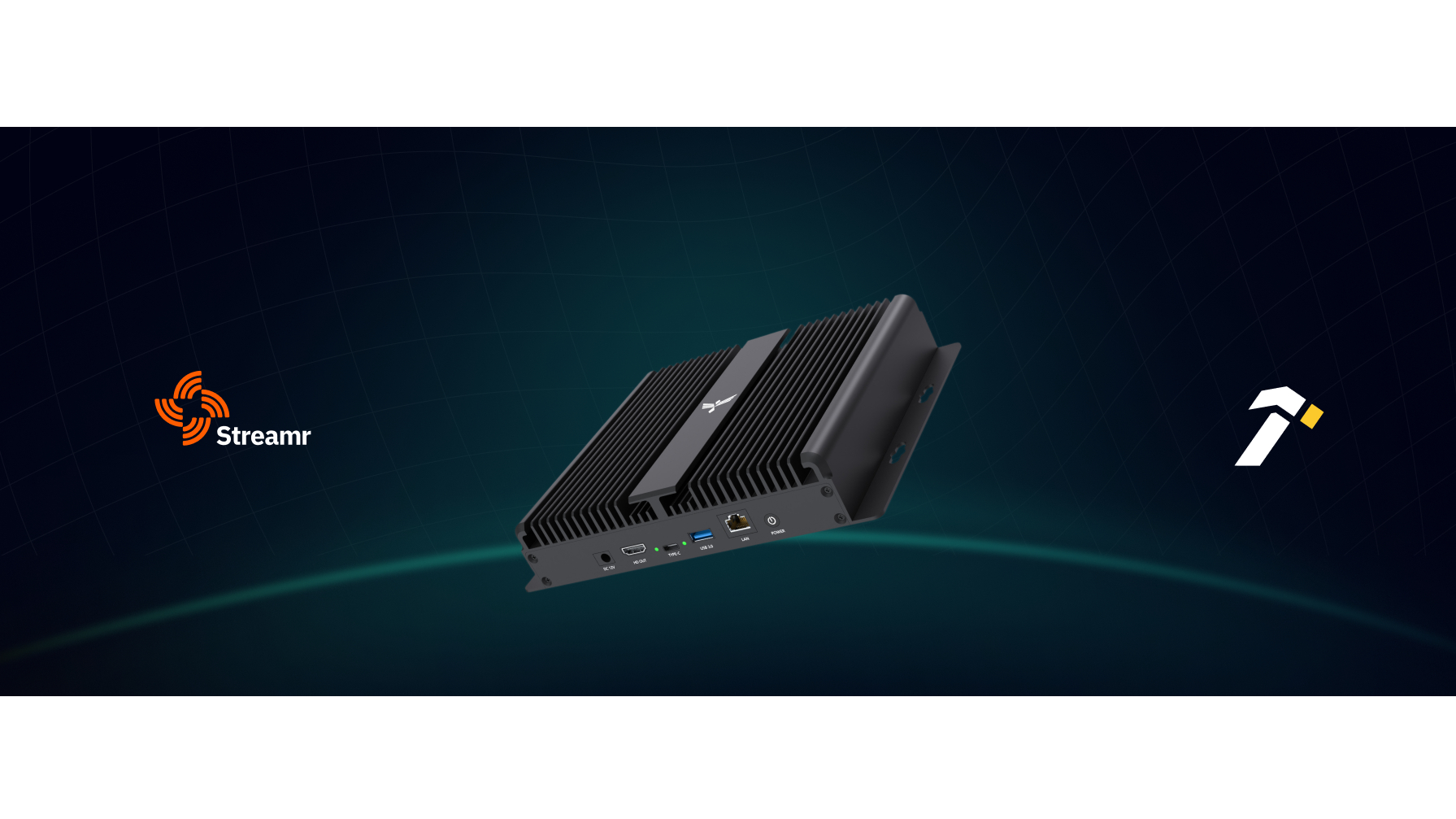Streamr and JDI Launch Terminal Multi-Miner for Home-Based Crypto Mining

In a significant development for home-based mining, Streamr, a decentralized real-time data network, has partnered with JDI, a leader in decentralized physical infrastructure networks (DePIN). Together, they are launching the Terminal Multi-Miner, a device that combines multi-token mining capabilities with participation in decentralized protocols. This innovative mining solution aims to provide users with a seamless way to engage with DePIN and the decentralized economy from their homes. The Terminal Multi-Miner supports various cryptocurrencies, including $DATA and $ANYONE, and features a modular design that allows for customization and efficiency in mining operations.
The upcoming Terminal T2 model, set to launch in Q1 2025, will enhance the multi-token mining experience by integrating with the Streamr Network. This model will enable users to mine $DATA while contributing to the Streamr protocol, thus simplifying their participation in the ecosystem. The Terminal Multi-Miner is designed to be user-friendly, with plug-and-play functionality that lowers technical barriers, making advanced crypto-mining technology accessible to everyday users. JDI’s founder, Yiming Wang, expressed excitement about leveraging Streamr’s technology to create a unique mining experience tailored for Web3 users.
Matthew Fontana, CEO of Streamr, emphasized the importance of this collaboration in advancing DePIN and decentralized data networks. By providing an accessible entry point for users to engage with the Streamr Network and other Web3 protocols, they aim to enhance the decentralization and scalability of DePIN, which is crucial for its long-term success. With JDI’s proven track record in hardware manufacturing and Streamr’s expertise in scalable P2P infrastructure, the Terminal Multi-Miner represents a promising step towards making decentralized physical infrastructure a mainstream reality.
Related News





